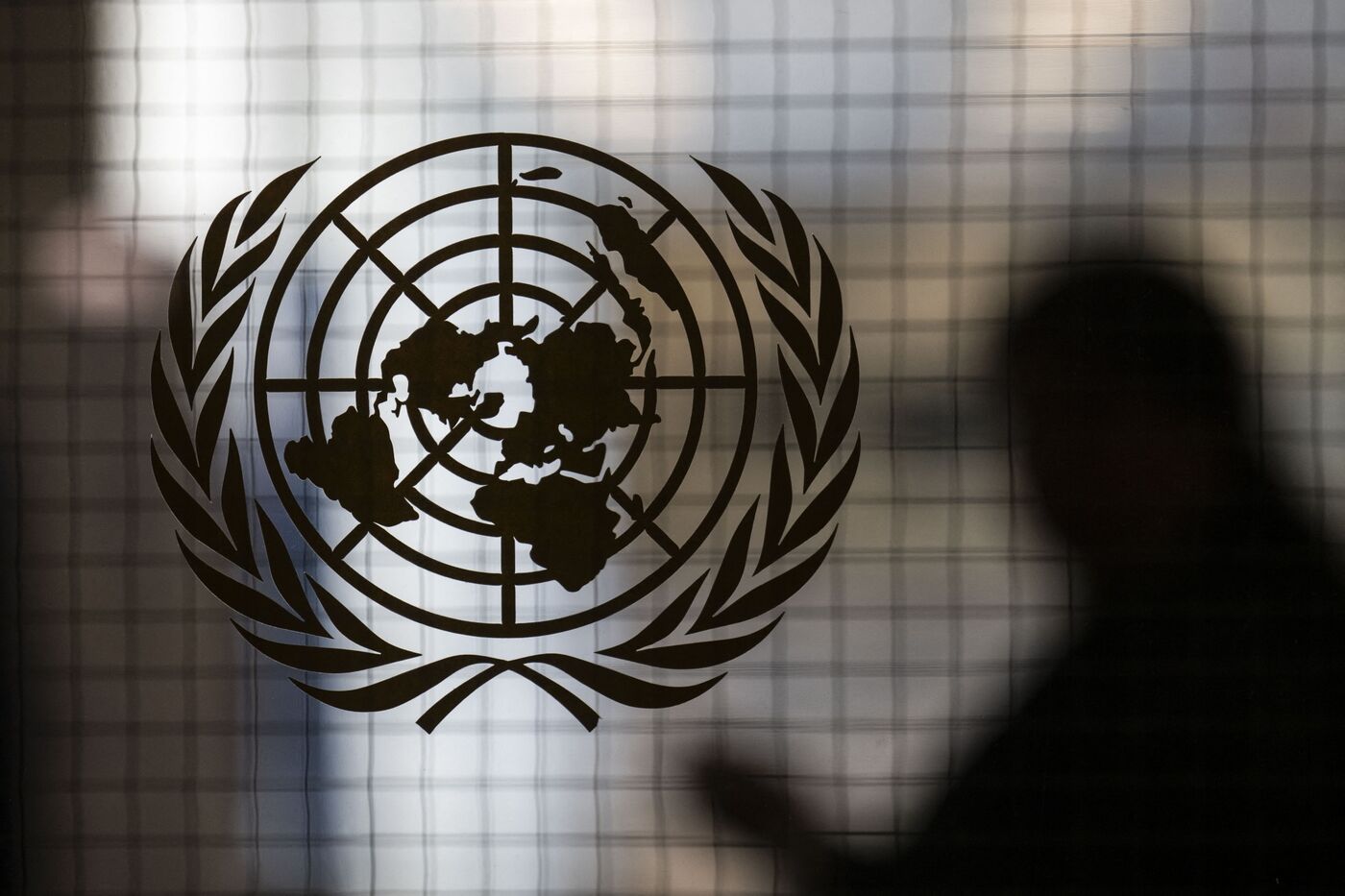Washington D.C., USA – The United States is reportedly formulating a proposal to be presented at the United Nations (UN) advocating for a worldwide prohibition on the deployment of nuclear weapons in outer space. This initiative comes amidst rising anxieties concerning a potential space arms race, spurred by China and Russia’s advancements in space weaponry.
According to diplomatic sources, the US proposition would urge member states to abstain from developing, testing, or stockpiling nuclear armaments in space. It would also call for an international framework to ensure compliance with the ban.
The move comes after years of the US expressing wariness about the militarization of space. The nation has previously voiced concerns about Russia’s development of a nuclear-powered cruise missile and China’s testing of a hypersonic missile believed to be capable of delivering nuclear warheads.
The US’s initiative is likely to garner support from its allies, who share similar anxieties about a space arms race. However, gaining the endorsement of Russia and China, both of whom possess spacefaring capabilities and have conducted tests of anti-satellite weaponry, might prove challenging.
Advocates for space weaponization contend that it is necessary to safeguard vital space assets from attack. Opponents, however, counter that the deployment of nuclear weapons in space would significantly heighten the risk of an unintended escalation into a catastrophic conflict. As you rightly point out, nuclear weapons can never be a messenger of peace or ceasefire.
The forthcoming UN presentation by the US is anticipated to rekindle discussions regarding the governance of space activities. The Outer Space Treaty of 1967 prohibits the placement of weapons of mass destruction in Earth’s orbit or on celestial bodies; however, it does not explicitly address the deployment of such weapons on objects already in space.
Background about this Nuclear Weapon in Space:
Space, once regarded as the final frontier for exploration and scientific advancement, has increasingly become a theater for strategic competition among nations. With advancements in technology, countries have been exploring ways to enhance their military capabilities in space, raising fears of a new arms race beyond Earth’s atmosphere.
The deployment of nuclear weapons in space presents a particularly alarming scenario due to its potential for triggering catastrophic consequences, including the disruption of vital communication and navigation satellites, which are essential for various civilian and military operations on Earth.
The United States Initiative:
Recognizing the gravity of the situation, the United States is spearheading efforts to galvanize international support for preventing the weaponization of space. American diplomats are gearing up to table a resolution at the United Nations General Assembly, urging member states to condemn the use of nuclear weapons in space and to commit to upholding the sanctity of outer space for peaceful purposes.
Key Objectives:
The proposed resolution aims to achieve several key objectives:
Global Consensus: Foster a consensus among UN member states on the urgent need to prevent the militarization of space and mitigate the risks associated with the deployment of nuclear weapons in orbit.
Normative Framework: Establish a robust normative framework that prohibits the use of space for hostile military activities, particularly the placement of weapons of mass destruction such as nuclear warheads.
Verification Mechanisms: Explore mechanisms for verifying compliance with international agreements aimed at demilitarizing space, ensuring transparency, and promoting confidence-building measures among nations.
Preservation of Space Environment: Emphasize the importance of preserving the space environment for peaceful exploration, scientific research, and the benefit of all humanity, while mitigating the potential threats posed by space debris and other hazards.
International Response:
The United States’ initiative has garnered mixed reactions from the international community. While some countries have expressed support for the proposed resolution, citing the need for collective action to safeguard space as a common heritage of mankind, others remain skeptical, citing concerns about the feasibility of enforcing such measures and the potential impact on existing military doctrines.
Next Steps:
In the coming weeks, diplomats from the United States will engage in intensive consultations with their counterparts from various countries to build consensus and rally support for the resolution. The success of the initiative hinges on the ability of the United States to bridge divergent interests and foster cooperation among UN member states in addressing the emerging challenges posed by the weaponization of space.
Conclusion:
As humanity ventures further into the cosmos, the preservation of space as a domain of peace and exploration becomes increasingly imperative. The United States’ push at the United Nations reflects a concerted effort to avert the militarization of space and uphold the principles of international law and cooperation in the new frontier of human endeavor. The outcome of this diplomatic endeavor will not only shape the future of space exploration but also determine the fate of humanity’s quest for peaceful coexistence in the cosmos.



